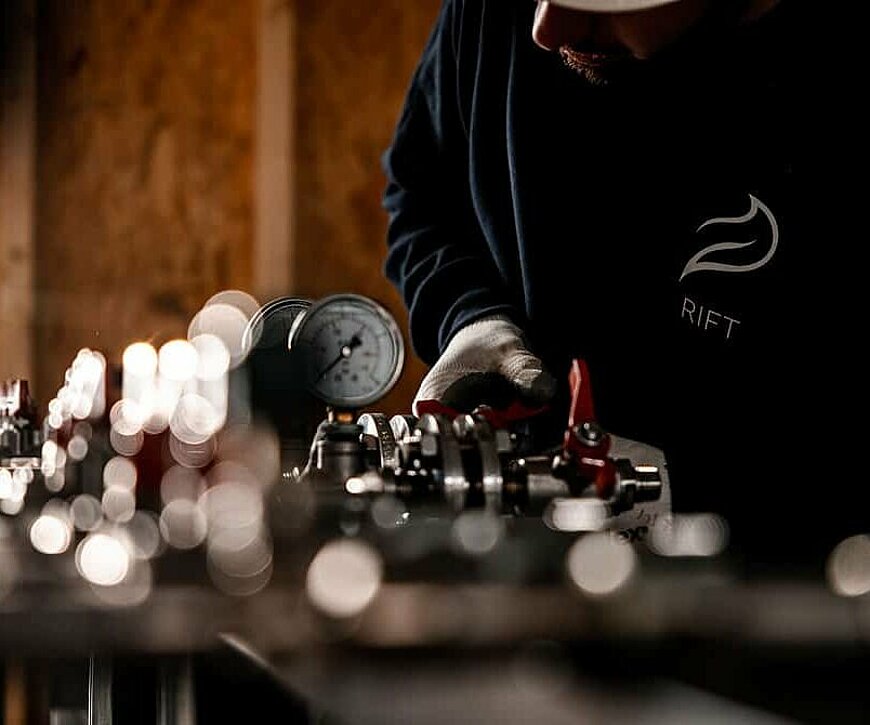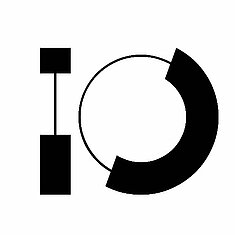First major test of start-up RIFT successful: 500 houses in Helmond heated carbon-neutrally

RIFT, the Eindhoven spin-off of TU Eindhoven, has successfully heated five hundred households without emitting CO2. This was done through the so-called Iron Fuel Technology, in which a heat boiler generates heat through the combustion of iron powder. In this case, the one-MW Iron Fuel Boiler installation was connected to the heat network of energy supplier Ennatuurlijk to provide heat to five hundred households in Helmond. With this worldwide first, RIFT offers a CO2-neutral alternative for energy-intensive industries.
The test lasted a total of forty hours. In that time, 5 tons less in CO2 and 66 percent less in nitrogen emissions were emitted than average. “This is an incredible milestone,” clarifies CEO Mark Verhagen. “With RIFT we want to reduce CO2 emissions by one gigaton per year from 2050, which is roughly equivalent to seven times what the Netherlands now emits annually. With this success, we are taking a step in the right direction.”
Initial testing
On Aug. 19, 2022, 500 households in Helmond will be heated for the first time without any CO2 emissions. The rust, the only residual product of that process, was then successfully converted into iron powder in the production setup. The most crucial principles of Iron Fuel Technology were thus successfully and reproducibly proven in an industrial environment. That means that time after time, a stable flame could be created with minimal emissions of CO2 and nitrogen. And product quality could also be guaranteed in the conversion of rust to iron powder. The first of three development phases toward commercial implementation has thus been completed.
The next step for RIFT
With the successful completion of this first phase, RIFT is one step closer to bringing the technology to market. In the next stage, RIFT will build and test the second generation of its systems, focusing on mass recovery, energy efficiency, and circularity. Two of RIFT’s key partners, Ennatuurlijk and Veolia Netherlands, have also committed to the partnership for the next phase. Jan Lenstra, CEO of Veolia: “Veolia Netherlands is always looking for new, sustainable solutions. We are impressed by RIFT’s work and look forward to continuing to work together.”
The startup has now secured €11 million in funding for the next phase of development, based on results achieved. One of the most prominent names in the list of funders is that of Breakthrough Energy Fellows, founded by Bill Gates, which “supports the next generation of innovators by working faster and brighter than ever.
“With our partners, we have made the impossible possible, which makes us incredibly proud. While the next steps won’t come naturally, this success shows that we can achieve our goal of reducing CO2 emissions by one Gigatonnes annually starting in 2050.”
Mark Verhagen, CEO
